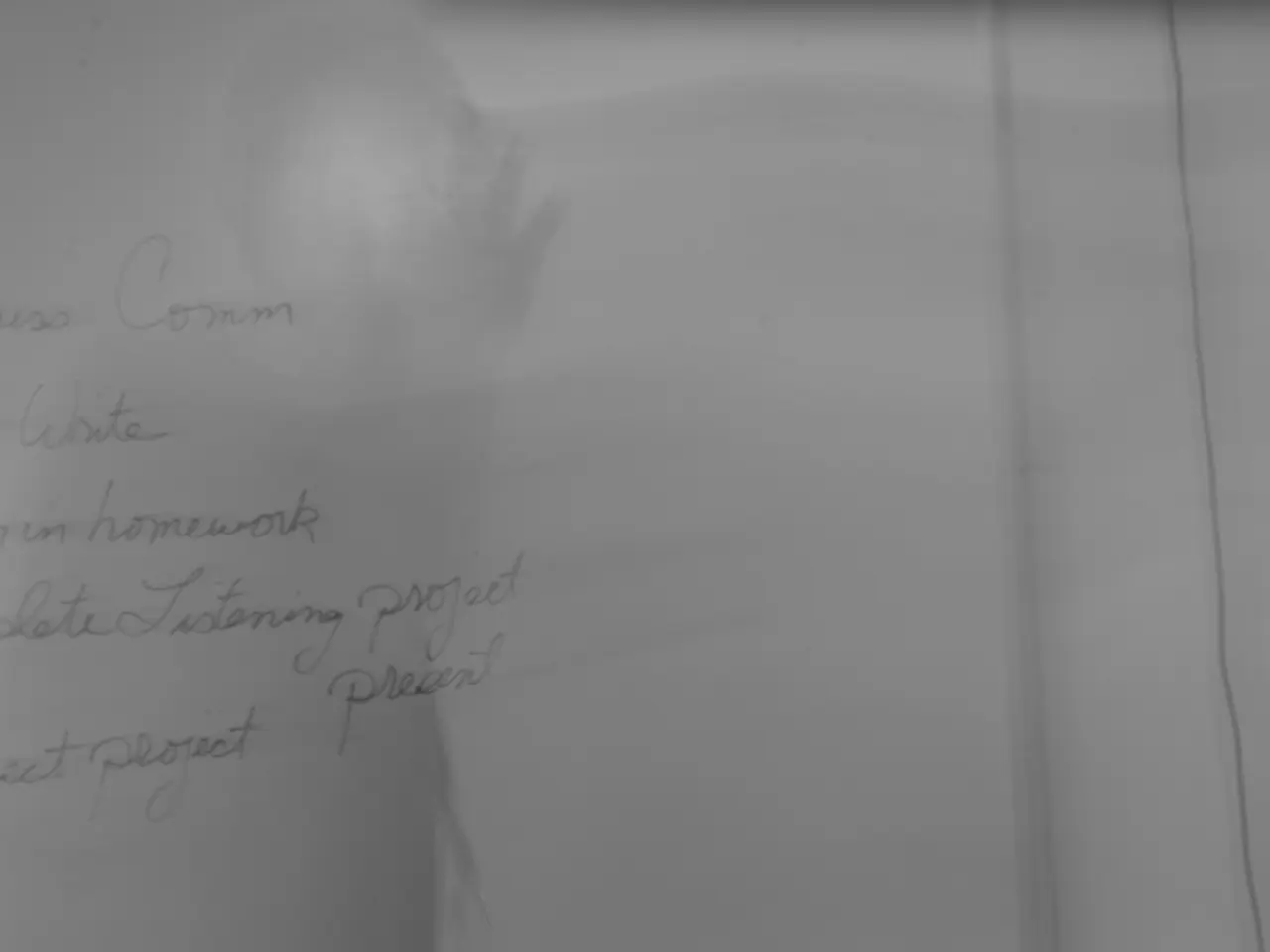Critics slam EU Parliament's move against the Commission by legal professionals
European Parliament Files Lawsuit Against EU Commission Over Rule of Law Conditionality Regulation
In a move that could have significant implications for the European Union, particularly for Poland and Hungary, the European Parliament has announced a lawsuit against the EU Commission. The lawsuit stems from the Commission's inaction under the Rule of Law Conditionality Regulation, a mechanism designed to suspend EU funding for Member States breaching rule of law principles[1].
The lawsuit is not about a single procedure but a series of cases, and it reflects ongoing tensions over the Commission's ability to enforce sanctions uniformly. The Parliament's lawyers believe the chances of winning the lawsuit in court are very low, and convincing the European Court of Justice (ECJ) to rule otherwise would be extremely difficult, if not impossible[1].
At the heart of the dispute is the scope and legality of the rule of law mechanism. The Parliament's lawyers criticize the official warning as too vague, and Poland and Hungary argue that the Regulation breaches the principle of equality among Member States and challenges their sovereignty[1]. If the Court limits the Regulation’s scope or scope of application due to the lawsuit, it could weaken the EU’s leverage over Member States accused of rule of law backsliding[1].
The outcome of the lawsuit could have far-reaching effects. Independent courts are fundamental in upholding EU law, and challenges to the Rule of Law mechanism and judicial independence in Member States like Poland risk undermining the EU legal order[2]. This raises concerns about safeguarding democratic principles within the Union.
The lawsuit also highlights the delicate balance between respecting national sovereignty and enforcing the EU's shared values through financial conditionality. Its outcome could either reinforce or weaken the EU’s capacity to uphold the rule of law, notably in Poland and Hungary, which are central to this conflict[1][2].
The EU Commission has a margin of discretion in deciding whether and when to send notifications to member states. However, the Parliament's action against the Commission indicates deep institutional disagreements on how to effectively enforce rule of law values, reflecting ongoing broader disputes around EU governance and the compliance of certain Member States with foundational EU values.
[1] European Parliament, "European Parliament's lawsuit against the Commission over the Rule of Law Conditionality Regulation," European Parliament, 30 March 2023, https://www.europarl.europa.eu/news/en/headlines/politics/20230330STO50423/european-parliament-s-lawsuit-against-the-commission-over-the-rule-of-law-conditionality-regulation
[2] European Commission, "Rule of Law Conditionality Regulation," European Commission, 2023, https://ec.europa.eu/info/law/better-regulation/have-your-say/initiatives/12634-Rule-of-Law-Conditionality-Regulation
- The ongoing tensions over the European Commission's ability to enforce Rule of Law Conditionality Regulation uniformly are not limited to specific policy-and-legislation matters, but encompass broader issues in politics and general-news, as evident in the European Parliament's lawsuit against the EU Commission.
- The lawsuit filed by the European Parliament against the EU Commission is a reflection of the complex challenges in maintaining a balance between upholding the EU's shared values, such as rule of law, and respecting national sovereignty, which is a quintessential part of contemporary politics and policy-and-legislation discussions.







